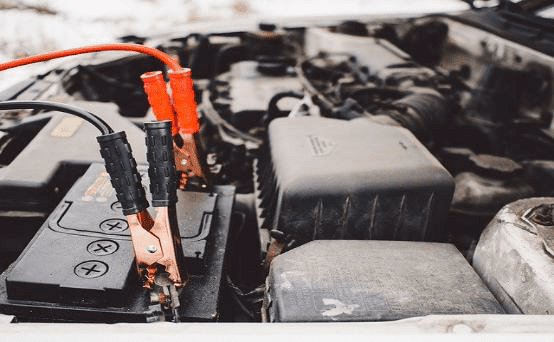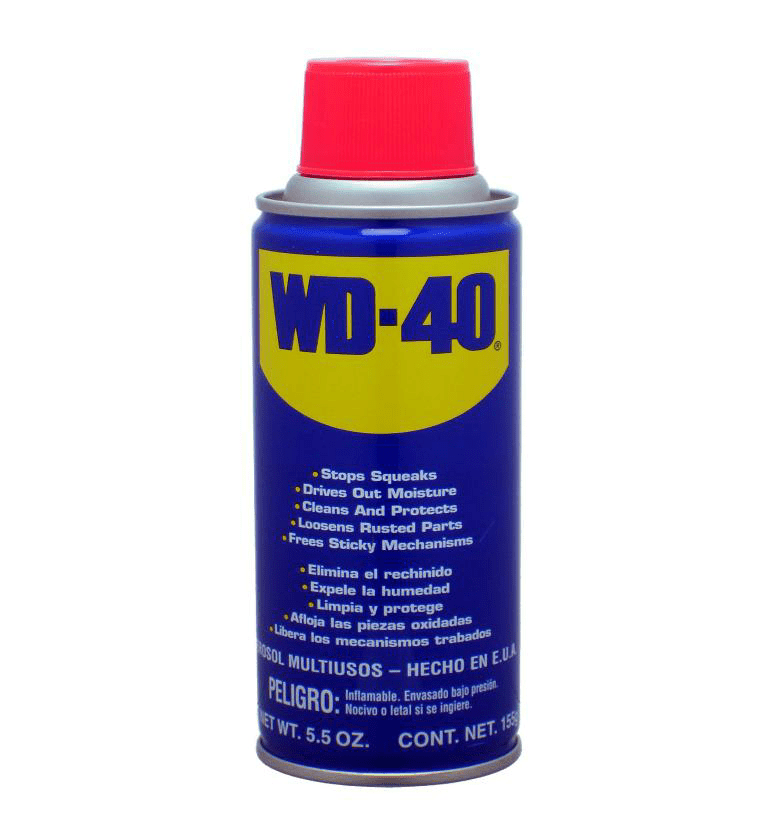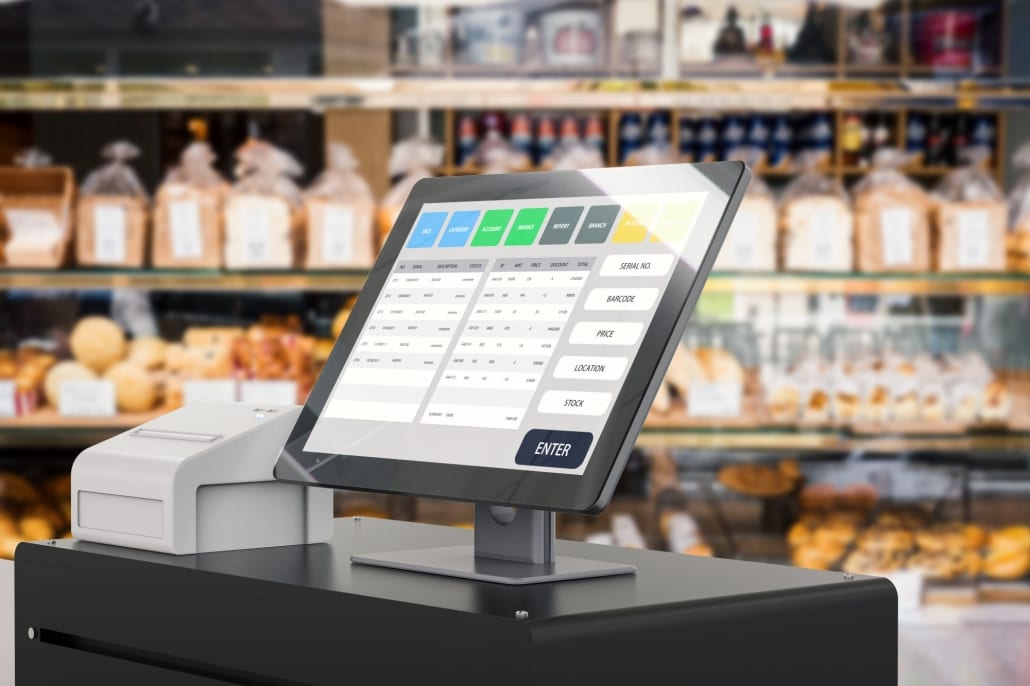Operation Getting More Value In Business
As a business, providing customers with value for money. However, you mustn’t forget to ensure that your spending generates the best results too. Making your capital work harder will lift a great weight from your shoulders while also enabling you to pass some of the savings onto your clients.
So, how exactly can you ensure that all decisions are made in the best interests of your customers? Here’s all you need to know.
Assemble The Strongest Possible Team
The majority of business matters will be handled by your employees. Therefore, getting the recruitment process under control should be the first item on your agenda. This should be followed by an ongoing investment into their development both individually and as a team. The best ways to achieve this are through training and team building exercises. When they work harder, you’ll get more value for money on a daily basis. There is no stronger foundation for success.
Keep Assets In Good Health
Taking care of your business assets will unlock greater performance levels and prolong the lifespans. Keeping business vehicles in good health with the right gas oil is a significant step in the right direction. Meanwhile, computer system updates should bring telling results too. Even though the daily maintenance can have a very significant impact, you must learn to spot signs of faults. The sooner you act, the sooner you’ll restore their health. This should save a lot of money in the long run.
Research Your Purchases
You already know that customers want to get the best value for money when buying products or services. You should take a similar approach before completing your transactions. Simple ideas like using price comparison sites can work wonders. Likewise, you’ll want to check that any company you plan to do with business can be trusted. Falling victim of fraudulent activity or inadequate supplies will harm the venture and could be very hard to recover from. It’s best to be safe rather than sorry.
Know Your Demographic
Marketing is an area where only the best will do. Efficient marketing should be built around targeting a key audience. It’s impossible to impress everyone, but smarter research and insights will allow you to focus on the people that are likely to purchase. SEO, PPC, trade show stools, printed materials, and social media marketing can all be used to great effect. Remember to analyse the success of every campaign and make the necessary adjustments for ongoing success.
Avoid Bad Debts
While you obviously want to get as many sales as possible, you must not force thing when dealing with repayment plans. Good sales figures count for nothing if the money never arrives. Understanding bad debts and how to avoid falling victim to them is vital. While some people will default on payments, but you don’t want to let this become a major problem. Protect yourself in this manner, and your hopes of maintaining a positive cash flow will be greatly increased.
When the financial elements are under control, you can focus on actively driving the venture in the right direction.



 Jumper Cables and a battery booster: jumper cables are used to kick-start weak batteries. If your car battery dies, you can easily give it some juice and be on your way. This is very useful if you are in a hurry, or running late. You can also get a compact jump-starter kit, many of which have USB connections that can charge multiple devices.
Jumper Cables and a battery booster: jumper cables are used to kick-start weak batteries. If your car battery dies, you can easily give it some juice and be on your way. This is very useful if you are in a hurry, or running late. You can also get a compact jump-starter kit, many of which have USB connections that can charge multiple devices. WD 40: next to duct tape, WD-40 is the second holy grail for car owners. WD-40 is a degreasing agent traditionally used for squeaky hinges. But, it can also be used to clean rusty license plates, clears carbon residue from spark plugs, protects spark plugs from moisture and removes grease, dirt and grime from car parts.
WD 40: next to duct tape, WD-40 is the second holy grail for car owners. WD-40 is a degreasing agent traditionally used for squeaky hinges. But, it can also be used to clean rusty license plates, clears carbon residue from spark plugs, protects spark plugs from moisture and removes grease, dirt and grime from car parts.
 The global POS software market was
The global POS software market was 